Self-Inflating Tires…Soon To Be A Reality?
Driving around on underinflated tires is just a bad idea all the way around. Underinflated tires increase a car’s rolling resistance, meaning a drop in fuel efficiency since it takes more energy to move the vehicle down the road.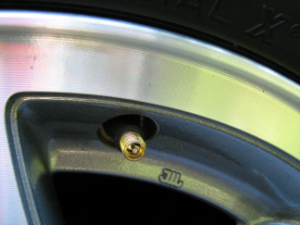
A single tire that’s down by ten pounds of air means a 3.3 percent drop in fuel economy…multiply that by all four tires, and you can figure on giving up ten percent of your gas mileage. The added friction and rolling resistance also means more heat is generated, and heat is the enemy of the internal structure of a tire. That heat will damage a tire to the point of failure. Studies show that underinflated tires are a full 25 percent more likely to fail, and at least half of one-car accidents involve a tire problem as a factor. And still, it’s estimated ...[more]
Do Your Homework on Tire Safety
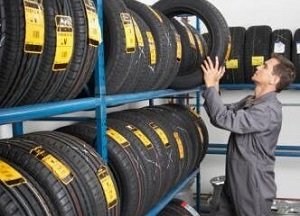
Get Ready for Summer Road Trips with New Tires
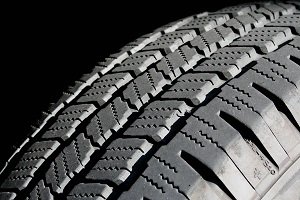
How to Avoid Tire Blowouts
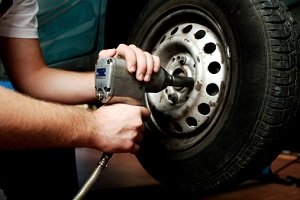 Through proper care and treatment of tires, serious or fatal accidents caused by blowouts are highly preventable if proper precautions are taken. Because tire blowouts can develop from many situations, drivers should strive to be aware of tire conditions and schedule professional check-ups accordingly. This is especially true during transitional weather periods. Take particular care to examine tire conditions as quickly changing temperatures can cause weak tires to fail.
Through proper care and treatment of tires, serious or fatal accidents caused by blowouts are highly preventable if proper precautions are taken. Because tire blowouts can develop from many situations, drivers should strive to be aware of tire conditions and schedule professional check-ups accordingly. This is especially true during transitional weather periods. Take particular care to examine tire conditions as quickly changing temperatures can cause weak tires to fail.Invest in the Future of any Vehicle with TPMS - Tire Pressure Monitoring Systems
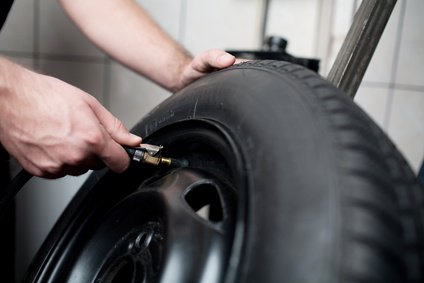 As most drivers can contest firsthand, tires are not invincible. Composed from many separate layers of steel-encased rubber fabrics and durable materials, tires eventually wear down and can cause vehicle owners costly repairs or even replacement. Understanding what measures should be taken to properly maintain tires will both lengthen tire life and support vehicle functionality and longevity. Tire Pressure Monitoring Systems (TPMS) introduce revolutionary tire protection technology to constantly report on tire pressure in each tire for vehicle safety and sustainability.
As most drivers can contest firsthand, tires are not invincible. Composed from many separate layers of steel-encased rubber fabrics and durable materials, tires eventually wear down and can cause vehicle owners costly repairs or even replacement. Understanding what measures should be taken to properly maintain tires will both lengthen tire life and support vehicle functionality and longevity. Tire Pressure Monitoring Systems (TPMS) introduce revolutionary tire protection technology to constantly report on tire pressure in each tire for vehicle safety and sustainability.
Without assistance from a Tire Pressure Monitoring System (TPMS), tires become more susceptible to avoidable damages due to low tire pressure. In the United States, according to National Highway Tr ...[more]
